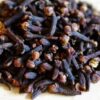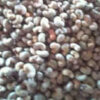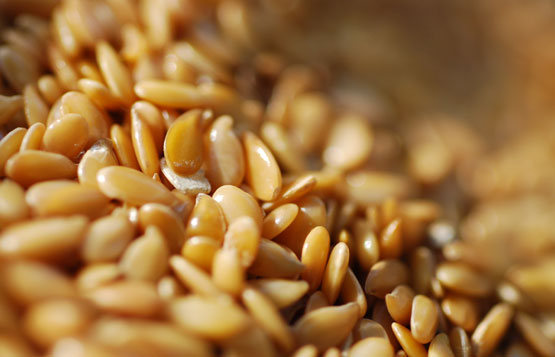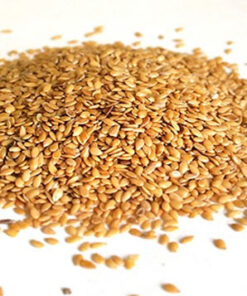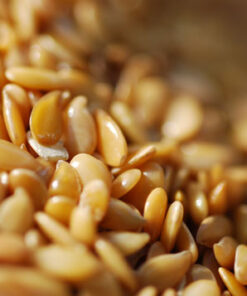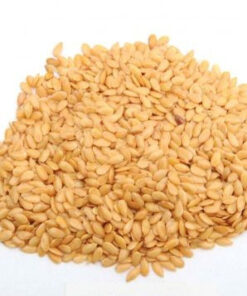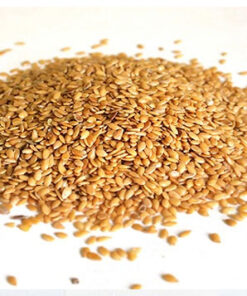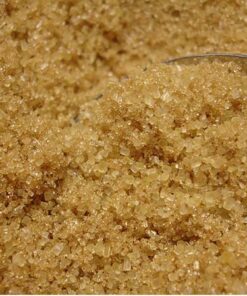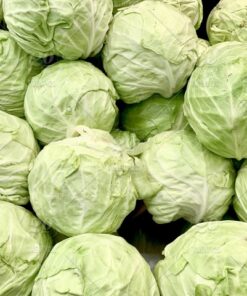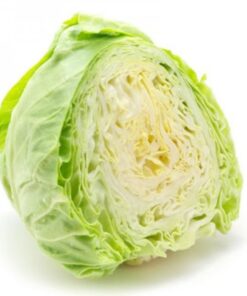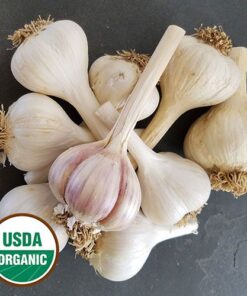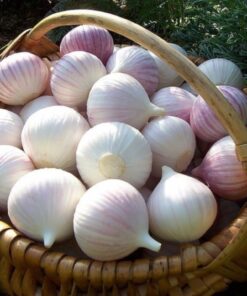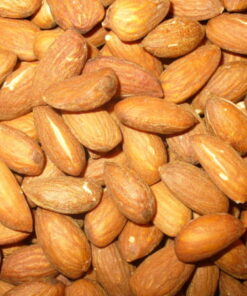GOLDEN LINSEEDS
Price : $900 per MT
Style : Natural
Cultivation Type : Organic
Purity : 99.9%
Moisture : 9% Max
Place of Origin : Kenya
Name : Organic golden flax seed
Packaging Details : 25kg or 50kg pp bag,gross for net
Delivery Detail : Shipped in 15 days after payment
Linseeds
Golden linseeds (also known as flaxseeds) are powerhouses of nutrition. They have a subtle nutty, slightly earthy flavor, and are a cheap superfood that everyone can include in their diet. They are available whole or – for easier absorption – split, ground, or as linseed or flaxseed oil.
I particularly love the oil, as it is such a fantastic natural skin moisturizer. Drink a couple of spoonfuls a day, by either adding it to a juice or smoothie, mixing it into milk for your cereal, or making a quick salad dressing.
Linseeds are the richest plant source of omega 3 fats, which are essential for a healthy brain, heart, joints, and immune system. Due to the high content of plant chemicals known as phytoestrogens, linseeds have been called nature’s answer to hormone replacement therapy. Phytoestrogens are naturally occurring forms of the female hormone estrogen and are found in certain foods. They help to either reduce high levels of estrogens or to boost low levels. This can have a positive impact on the unpleasant effects of menopause, such as flushing and night sweats.
Research
There is ongoing research into the benefits of including phytoestrogens in diets aimed at preventing cancer. With a history of colon cancer in my family, I am keen to keep my colon healthy. The high-fiber content of linseeds can help.
A good way to get the best from them is to soak them first. Put one heaped dessertspoonful of seeds into a glass, cover with water, and leave overnight. Add the swollen seeds and water to a drink such as fruit juice or a smoothie, or to your cereal or yogurt, or drink it on its own. You can eat linseeds in this way every day. They are a good cure for constipation but avoid eating the seeds if you have bowel problems, such as diverticulitis.
Alternatively, you can grind linseeds in a pestle and mortar or coffee grinder before adding them to food. Never cook with linseeds or their oil – as the heat will render them unstable. To keep them fresh, store airtight in the fridge.
Related products
Agriculture
Agriculture
Agriculture
Agriculture
Agriculture
Agriculture
Agriculture
Agriculture

